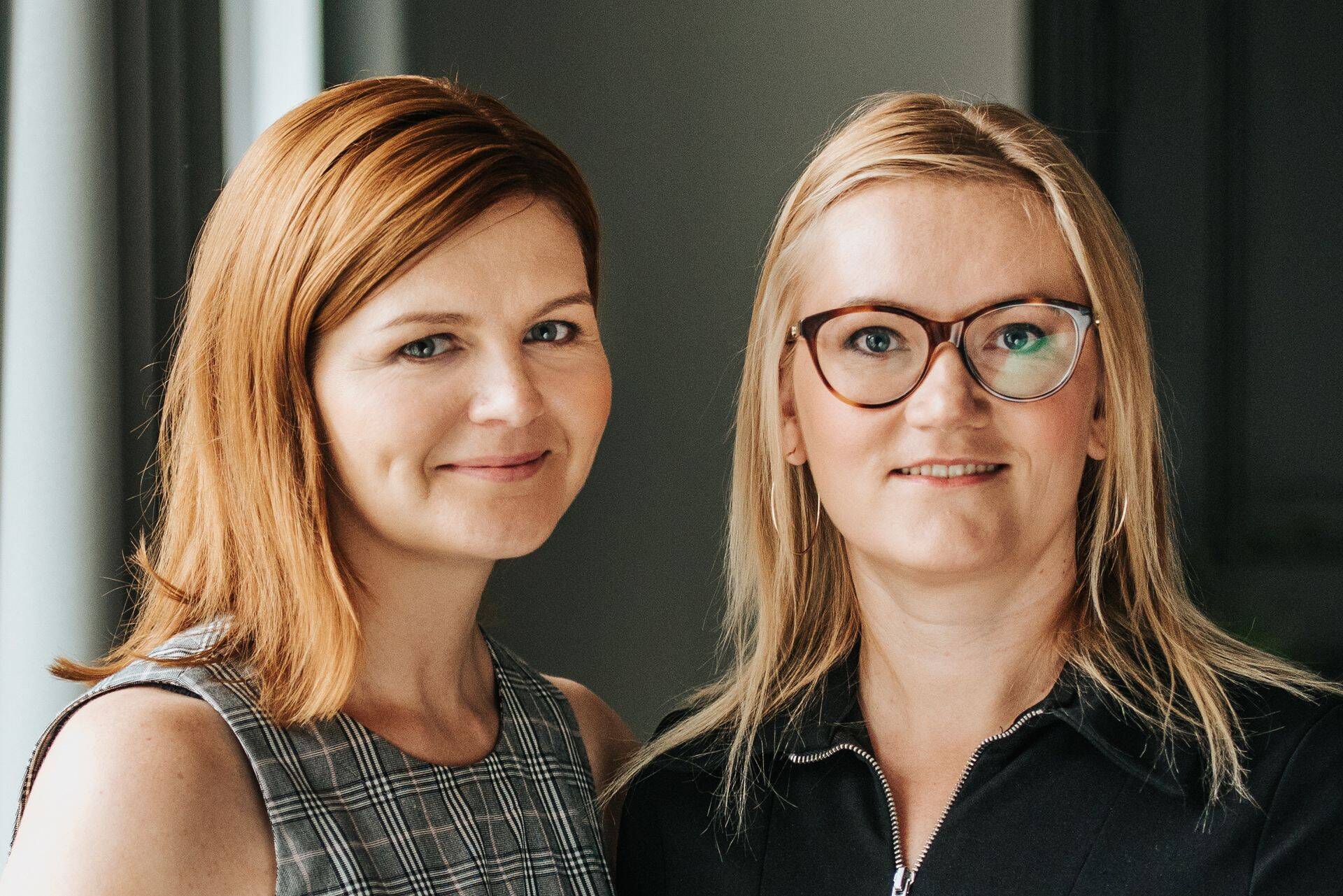Tähelepanu! Artikkel on enam kui 5 aastat vana ning kuulub väljaande digitaalsesse arhiivi. Väljaanne ei uuenda ega kaasajasta arhiveeritud sisu, mistõttu võib olla vajalik kaasaegsete allikatega tutvumine
Software Investments Estonia's Sweet Spot, Study Shows
Estonia has a good capital market for startups, but only in a few fields, according to a recent study.
The state's venture capital investor SmartCap conducted a study analyzing the availability of capital to startups in Estonia. The results of the survey show that Estonia today witnesses a historically good capital market, with many active funds, but the capital is concentrated in a few areas and focused on certain stages of startup development. The proposed pension reform also adds to the insecurity of the funds.
The majority of startups in Estonia are small, still in the concept phase, with very little or no revenue. The study included 101 startups from 16 sectors, mainly acting in different niches in the information and communication technology (ICT) field and with an average of EUR 140,000 already raised.
According to Mari Vavulski, member of the board of SmartCap, the 20/80 principle also applies to startups. Only a handful of very strong startups in Estonia have good economic results.
The ecosystem tilted towards ICT
The survey reflects that the Estonian startup ecosystem has shifted towards ICT-based fast-growing companies. In more capital-intensive areas with higher risks, access to capital becomes a problem.
There are seven funds active today with Estonian focus and their interest is mainly concentrated in software-based startups. According to the survey, the areas where early stage startups have most raised capital are health technologies, business software solutions, various HR tools, and financial technologies.
The study shows that the main things investors take into account today are the scalability and complexity of the product and the funding amounts necessary to bring the company to market. Therefore, it is very difficult to raise funding for research- and capital-intensive companies in fields like cyber and medical technologies and life sciences, Vavulski said, as well as deeptech.
In addition to shortage of capital, research-intensive projects also have a hard time finding mentors and getting access to the necessary infrastructure.
Hetkel kuum
Local investments key to success
Foreign investors' interest in Estonian startups has increased significantly based on transactions in recent years - a statistical analysis of data compiled by Startup Estonia and the community shows that 94% of the capital invested in Estonian startups over the last five years was foreign capital.
According to Vavulski, access to local capital may be vital for a very early-stage company. Investors entering at a later stage normally want to see acceptance by the local market. Showing a local investor already invested in the company is the best proof of validation.
The emergence of new startups depends on the availability of capital at a very early stage, which in turn shapes the deal-flow of local venture capital investors. But it is at this development stage (investment need up to € 100,000) that Estonia is lacking the availability of local capital.
According to Sille Pettai, SmartCap board member and fund manager, this is a two-way street, considered normal in the stage of our startup ecosystem development, where we don’t yet have the so-called old money or inherited money that has long accumulated from generation to generation, which in developed countries often contributes to investments into startups in the form of angel investing. This is a challenge that all countries face at one time or another.
The volume of Estonian capital has increased significantly in recent years. However, local funds too are struggling to raise funds. As the majority of funds in Estonia are the first ventures of the investors, then the volumes are small (most in the range of € 10-30 million) and, therefore, often out of scale with foreign investors. According to Pettai, the state proposed pension reform also adds to the insecurity of local funds in making long-term plans and taking risks.
A strong foundation
According to Pettai, quite a lot has already been done to activate the local investment community and Estonia has several success stories to show for. The state has served as cornerstone investor in several venture capital funds – first investments were done through the European Investment Fund and currently investing through SmartCap.
State aplification should be continued to encourage investment in startups, market participants concluded in the study, through a publicly funded loan or a co-investment fund including traditional companies.
Although the effects of COVID-19 outbreak and its aftermath are likely to shape the Estonian economy for a longer period, Pettai emphasized the maturity of Estonia’s startup ecosystem. The results of the study help plan activities and funding for the coming years. The study showed that Estonia has a sufficiently strong foundation and good prerequisites for coping with the crisis, but, according to Pettai, a lot depends on how we use our strengths in the constantly changing situation.
High-Tech Investment Fund and a new business accelerator
The results of the survey confirmed the need to take steps to motivate investors to invest also outside the software industry. To this end, SmartCap is investing € 10 million to startups focusing on research and development through a fund established through public competition later this year. "Through this investment, we want to take the first step in developing research-intensive entrepreneurship in Estonia, for example in key areas of the future, such as greentech, where we have been following the developments and international capital movements," Pettai said.
Research-based pre-incubation and early-phase prototyping solutions are another future focus of SmartCap, through a new business accelerator. According to Vavulski, adapting the experience from the ICT field to applied sciences is a real challenge because the two worlds are very different.
"While current business accelerators have focused on rapidly bringing prototypes to market and preparing for next investments, we see opportunities to increase the potential of research-based businesses through pre-incubation technology on maturity levels 3-5 combined with prototype funding," said Vavulski and added that potential operators have already been approached and one of the biggest challenge will most likely be reaching a common understanding of the expected end result.
According to Vavulski, the program would be creating deal-flow for the High-Tech Investments Fund and also expand the incubation base of science parks. Until then, the Fund might bring in research-intensive projects from outside of Estonia. The Startup Visa program allows to bring both employees and startup founders to Estonia and this is also an opportunity to attract research-intensive projects to Estonia.
...
SmartCap is a KredEx subsidiary and the manager of the state venture capital fund Early Fund II. The SmartCap-managed Early Fund II operates as a fund of funds and invests into Estonian venture capital funds, which in turn, together with private investors, invest into early-phase Estonian technology companies with high international growth potential. The sole unitholder in Early Fund II is the Republic of Estonia.
KredEx is a foundation set up by the Ministry of Economic Affairs and Communications in 2001 with the aim of providing financial solutions based on the best practices in the world.
The purpose of the study commissioned by SmartCap was to describe the issues related to the availability of capital to startups in different development stages (concept, growth, and expansion), to analyze their nature and to assess the suitability of existing financial instruments to solve the problems. The study was funded by the Startup Estonia program and was conducted between October 2019 and January 2020 by Civitta Eesti AS.
...
FoundME is inviting you on board of a weekly newsletter that will bring you the news and opinion stories from the Estonian startup scene. - Subscribe to FoundME newsletter HERE!
Seotud lood
Iga idu saab alguse ideest. Aga esimene asi, mida teised märkavad, pole sinu pitch deck ega MVP – vaid domeen. See on sinu startup’i esimene pitch. See on see, millega astud oma tiimi ette Slackis, jagad ideed angel investorile LinkedInis või paned selle Product Huntis avalikuks. Kui domeen kõlab nõrgalt, kõlab nõrgalt ka idee.
Enimloetud
3
Viimased uudised
Hetkel kuum
Liitu uudiskirjaga
Telli uudiskiri ning saad oma postkasti päeva olulisemad uudised.
Tagasi FoundMe esilehele












